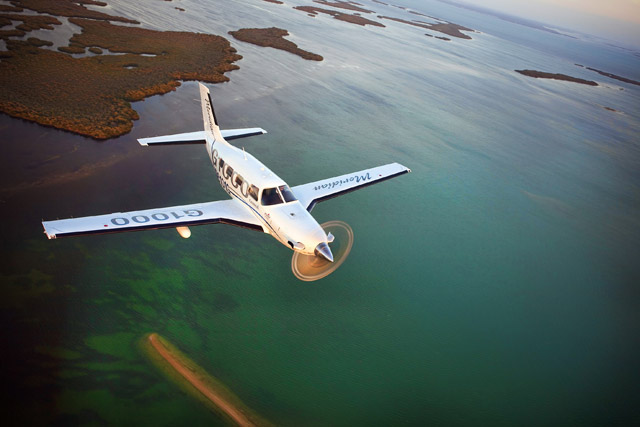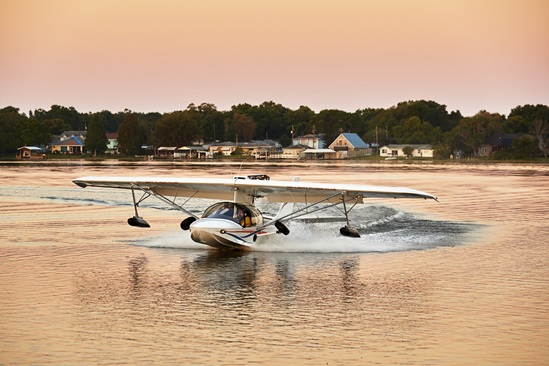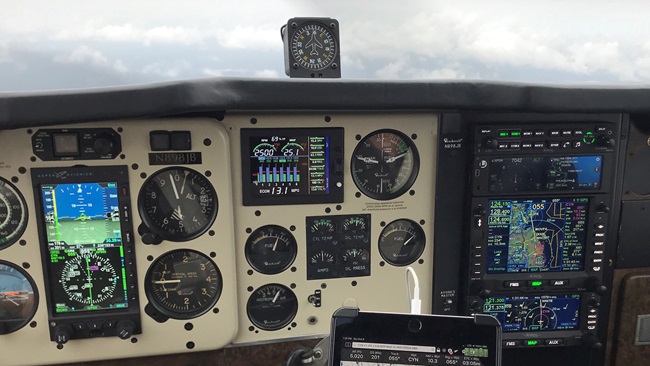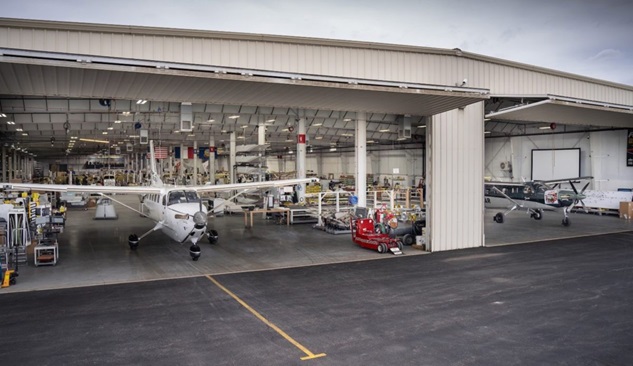
Use an aircraft broker to close your next deal
The sale or purchase of an aircraft can be stressful, with prepurchase inspection, bank, and title issues as possible ways that a deal can go sideways. To ensure less trouble in the process, many buyers and sellers contract with a professional aircraft broker to oversee the transaction.
In the turbine and turboprop aircraft world, nearly all aircraft are bought and sold using a professional broker. But, according to Jack D. Hildenbrand, owner of Jack’s Aircraft (www.jacksaircraft.com)—based at Shannon Airport in Fredericksburg, Virginia—the same kind of services used by owners selling aircraft valued well north of six figures are readily available to sellers of single-engine and light twin aircraft of almost any vintage.
For both buyers and sellers, there are things to know about hiring a broker that can make or break a deal. Here are some tips you’ll need when it’s time to move on from your current aircraft, or move into a new one.
For buyers
There may not be a better service a broker can provide for a buyer than to assess the expected mission for the purchase of an aircraft. Hildenbrand says he uses the unwritten “90-percent rule,” which states that any aircraft should serve the owner’s primary mission 90 percent of the time, or it is not the right fit.
“That rule has been around for 50-plus years,” Hildenbrand said, “and it’s spot-on accurate. An aircraft broker is doing a disservice to a buyer if he fails to accurately identify a prospective buyer’s real use for an aircraft through a needs analysis. If the intended versus actual use of an aircraft do not match, additional discussions with a buyer should take place.”
Once broker and buyer have determined the perfect make/model to serve the pilot’s mission, the next area in which a broker can be of service is valuation. Trained to know what drives up the values of aircraft—and what direction the current market is trending—brokers can be sure buyer and seller are speaking the same language when it comes to price. “The value of avionics upgrades are often overvalued by a seller,” Hildenbrand explained. “The opposite is often true with engine hours, where a buyer may see low value on an engine that has mid-time hours but has been managed well and has zero issues. It’s the job of the broker to highlight an aircraft’s real value to both parties.”
When it’s time to find the right aircraft to purchase, the broker can widen a buyer’s view of the market. That’s because most brokers are closely networked with other brokers, in a business model that resembles the real estate market. While some aircraft may be listed on the common websites we all use to search, brokers have access to a much wider pool of aircraft to present to a buyer, which can speed up the transaction when communication between brokers translates into buyers and sellers meeting on common ground that much faster.
For sellers
The services brokers perform for buyers also provide value to the seller, including networking with other brokers, and knowledge of the current market and valuations. But the bottom line on sales is exposure, and that’s where listing your aircraft with a broker can be an advantage.
“Brokers have monthly contracts to list in magazines and on the popular listing websites at a discounted price compared to the general public,” Hildenbrand said. “Today, a good broker must also have a large social media footprint to showcase a seller’s aircraft to a larger audience of potential buyers quickly. A good broker will hire professional photographers to shoot advertising images, and they’ll have staff to produce valuable highlight videos for social media distribution.”
Fees vary greatly from broker to broker, with some asking for a portion of the commission up front. Most often commission is due upon sale and ranges from 2 percent all the way up to 20 percent depending on the type of aircraft and services provided. For example, a $10 million business jet may be on the 2-percent end, and the seller almost always pays the fees. The exception is when a broker acts as a buyer’s agent to help locate a specific make and model.
From the sale of your Skyhawk to the purchase of a turboprop, there are key things to look for when searching for a broker. “Avoid brokers who do not respond in a timely fashion to inquiries,” says Hildenbrand. “You shouldn’t have to contact the broker a second time to get a response. A good broker should also have an optimistic view of GA and be able to highlight the positive trends within the industry.”
Dan Pimentel is an instrument-rated private pilot who owns a Piper Cherokee 235.


